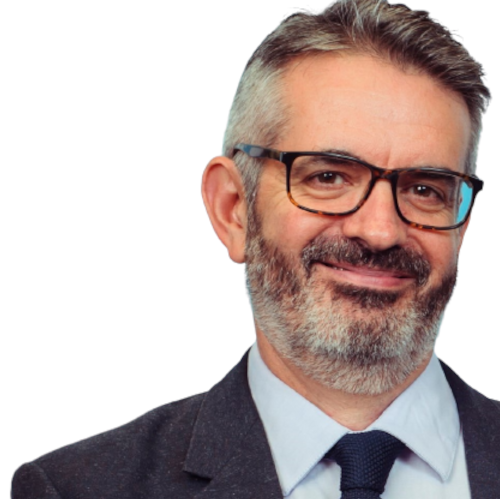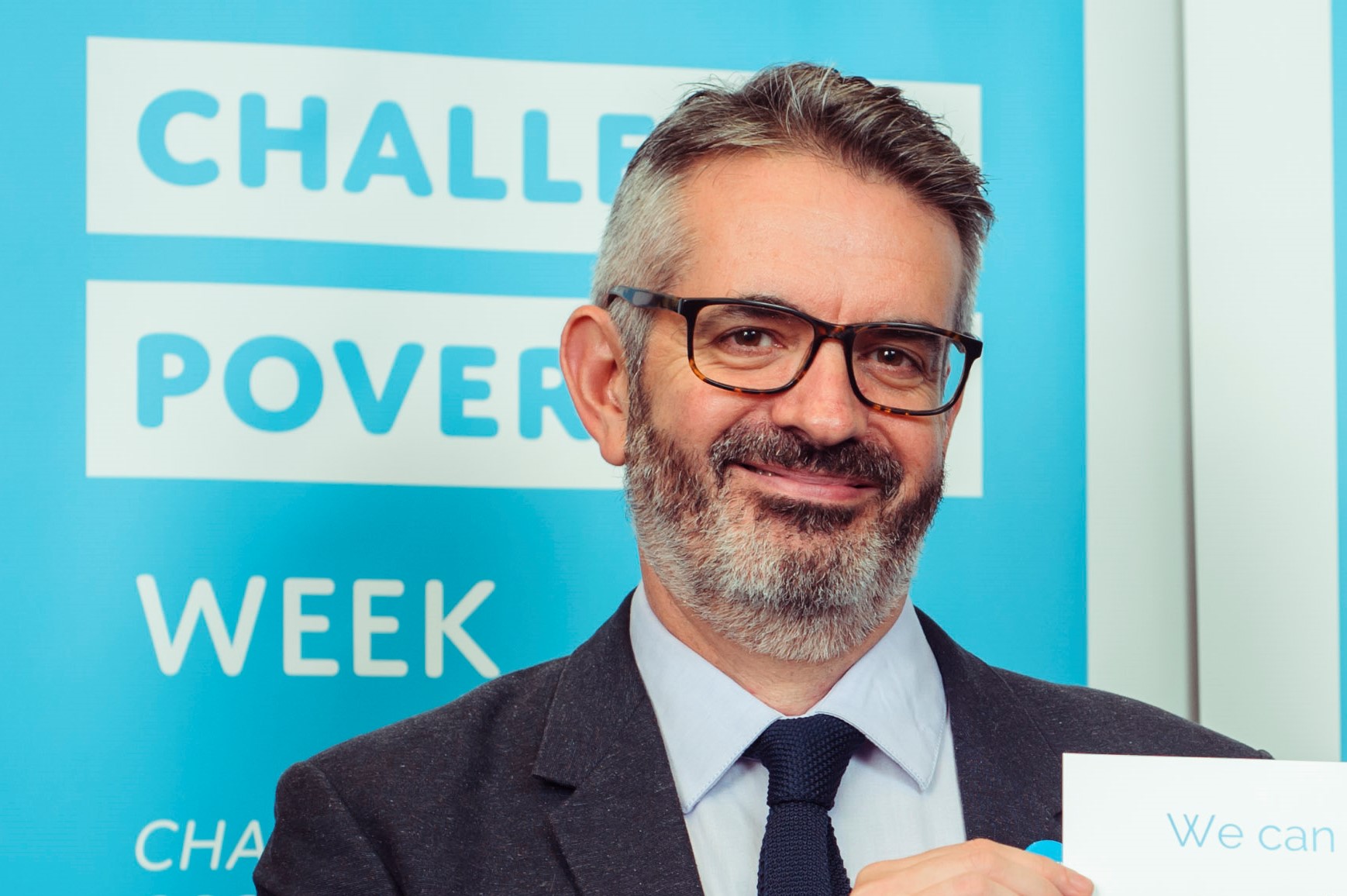
Peter Kelly, Director,Poverty Alliance
It is now 10 years since the Poverty Alliance brought together a group of our members to begin planning the first Challenge Poverty Week. Many of the concerns that brought us together in 2013 are, unfortunately, still with us now.
Scotland, then as now, is a wealthy country, but still far too many people living here are denied a secure life. They are being denied the adequate income and resources that we all need to build a better life for ourselves, for our families, and for our communities.
In 2013 we were at the beginning of wide-ranging changes to our social security system: the introduction of Universal Credit and Personal Independence Payment, the increasing use of sanctions, the freezing of many entitlements. Accompanying this programme of welfare reform was a deliberate use of stigmatising language against anyone who sought support. Austerity was just beginning to make itself felt in homes and communities across the UK.
The consequences of the policy decisions made then are still playing out now. Hardly a month goes by without reports showing the clear links between struggling on low incomes and increased risk of poor mental and physical health, gaps in school attainment, inadequate housing, hunger, debt, and early death.
We started Challenge Poverty Week in the hope that people across Scotland would come together and raise their voices for a society based on justice and compassion, where poverty no longer restricts people’s lives.
And the campaign has made real progress in doing just that. Every year, more organisations and individuals are taking part - with over 400 organisations taking part last year. This year, there are events taking part all over the country.
Poverty is now at the top of the Scottish political agenda. When First Minister Humza Yousaf was elected, he was clear that working to end poverty would be his government’s defining mission.
And the Scottish Social Attitude Survey has found large majorities in favour of increasing investment in social security and other services like education, transport and the NHS. Some 68% believe that income should be redistributed from the better-off to those who are less well-off, while just 16% disagree.
Challenge Poverty Week – and the rest of the work being done by Scotland’s anti-poverty network throughout the year – has contributed to shifting attitudes about poverty and to putting poverty at the top of the Scottish political agenda.
But now is the time that we need to turn compassion and justice into concrete action. Despite welcome words of support from our political leaders, 10 years on from the first Challenge Poverty Week, there is too little progress in delivering changes that we urgently need.
In 2013, some 18% of people in Scotland were living in relative poverty after housing costs. It’s now 21%, according to the latest figures.
In 2013, 22% of children in Scotland were living in relative poverty. It’s now a shocking 24%. While the introduction of the Scottish Child Payment by the Scottish Government is expected to lift 90,000 children out of poverty, analysis suggests that if Scotland is to meet its interim child poverty targets, that Payment will have to increase to £40 a week.
In 2013, the average income in Scotland was £24,000 a year. If that had risen with inflation, it would now be worth nearly £32,000, but the actual figure is just under £28,000. People are struggling to make ends meet as the cost of living crisis continues to bite, particularly for people on low incomes.
The number of homeless children in temporary accommodation has rocketed in the last 10 years – from around 4,500 to around 9,500.
It has been a turbulent 10 years since we launched Challenge Poverty Week. Brexit, the pandemic, the cost of living crisis have all contributed to making the challenge of poverty so much greater. But even in these turbulent times we have shown that by coming together to call for real change, to protect those at risk of poverty, we can make a difference.
Policies like the Scottish Child Payment, free transport for young people, increased childcare, more workers earning the real Living Wage all show that we can still make progress. It is the pace and scale of that progress that needs to change.
During this year’s Challenge Poverty Week we will be highlighting the policies that local councils and the Scottish Government can put into practice to make a real difference to people’s lives.
From fair funding for the third sector, to adequate homes for all, from health care to the real Living Wage, and from increased social security to better, affordable transport, these policy ideas will make Scotland a fairer, better place to live.
A Scotland free from poverty is possible – but we need to continue to work together to achieve that shared goal.


Enter your email address to receive regular e-updates about our work. If at any time you want to stop receiving these, simply contact us. We’ll keep your details safe and won’t share them with any other organisations for their marketing purposes. For full details see our Privacy Policy.